Not long ago, an idea coming from France stirred up Europe: Emmanuel Macron suggested sending troops to Ukraine. What do you think about this?
I think the French president was partly just trying to provoke. Because there are many questions about the plan. For example, how many soldiers would we be sending that could change the balance of power between the Russians and the Ukrainians? And at a time when the French army is much smaller today than it was in the past: we have around 100 000 active personnel, but a significant proportion of them are deployed outside Europe, in other parts of the world. So French involvement in Ukraine could be tokenistic at best. If Emmanuel Macron were to take this decision, it would be tantamount to a declaration of war on Russia. But does he have the support to do so? Is that what the French people want? We already know that we are ready to support the war until the last Ukrainian.
But we must ask the question: Are we willing to sacrifice French blood?
European leaders, including Germany, have already said they would not support the idea. And wouldn't sending French or European troops also mean the shutting down of the only path to peace, that of diplomacy?!
Do you agree that Russian President Vladimir Putin would not stop at Ukraine?
I cannot see inside Vladimir Putin's head, but I can and do have a professional appreciation of the military and tactical aspects of war. On this basis, Russia is far from having deployed all its might. As far as I can see, their primary objective is to protect the Russian population in Ukraine and to occupy that territory. They have so far refrained from engaging in war with other countries. I think the most pressing question is: what happens after the war? There is not a word about what we do afterwards, how we negotiate with Russia. And it is necessary to maintain dialogue with the enemy in order to understand what his intentions are.
And that doesn't necessarily mean you don't enter into war.
Look at what Israel and Hamas are doing! They are negotiating and fighting at the same time.
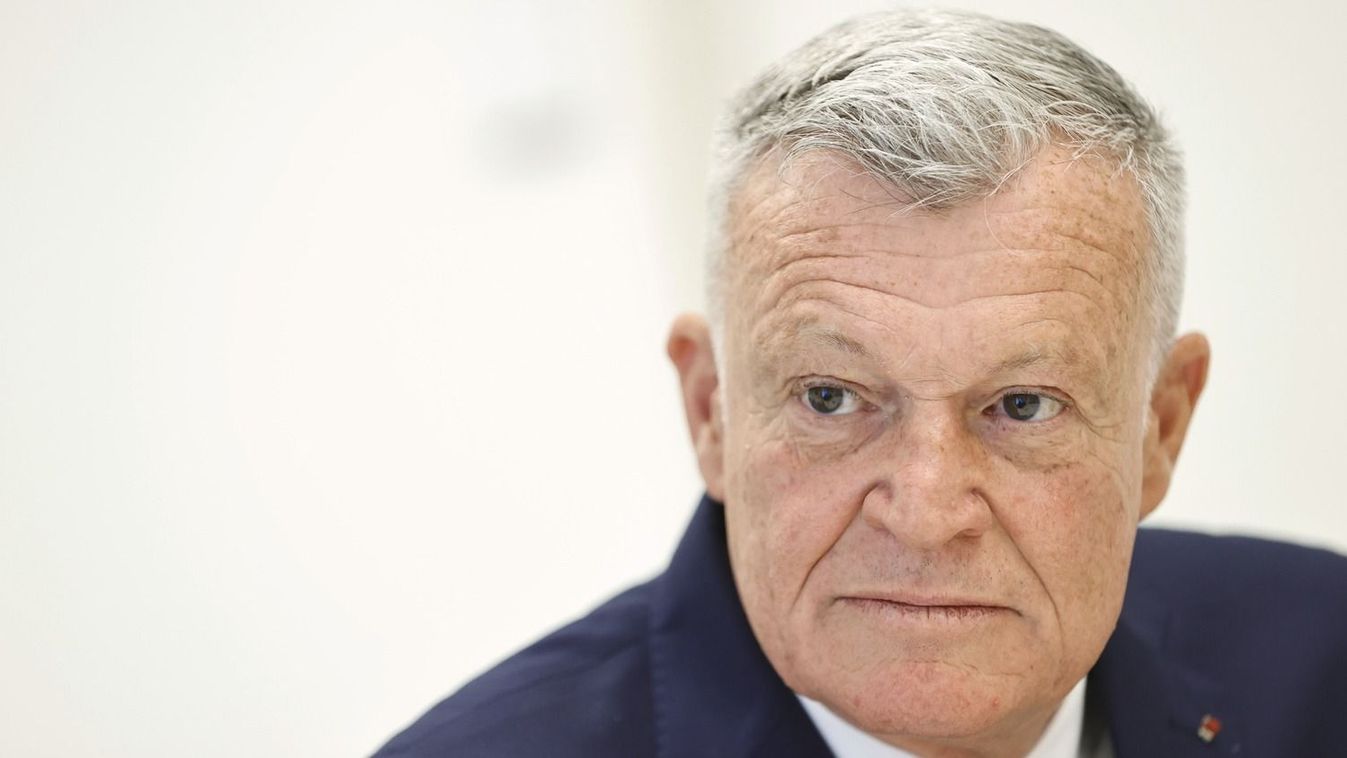
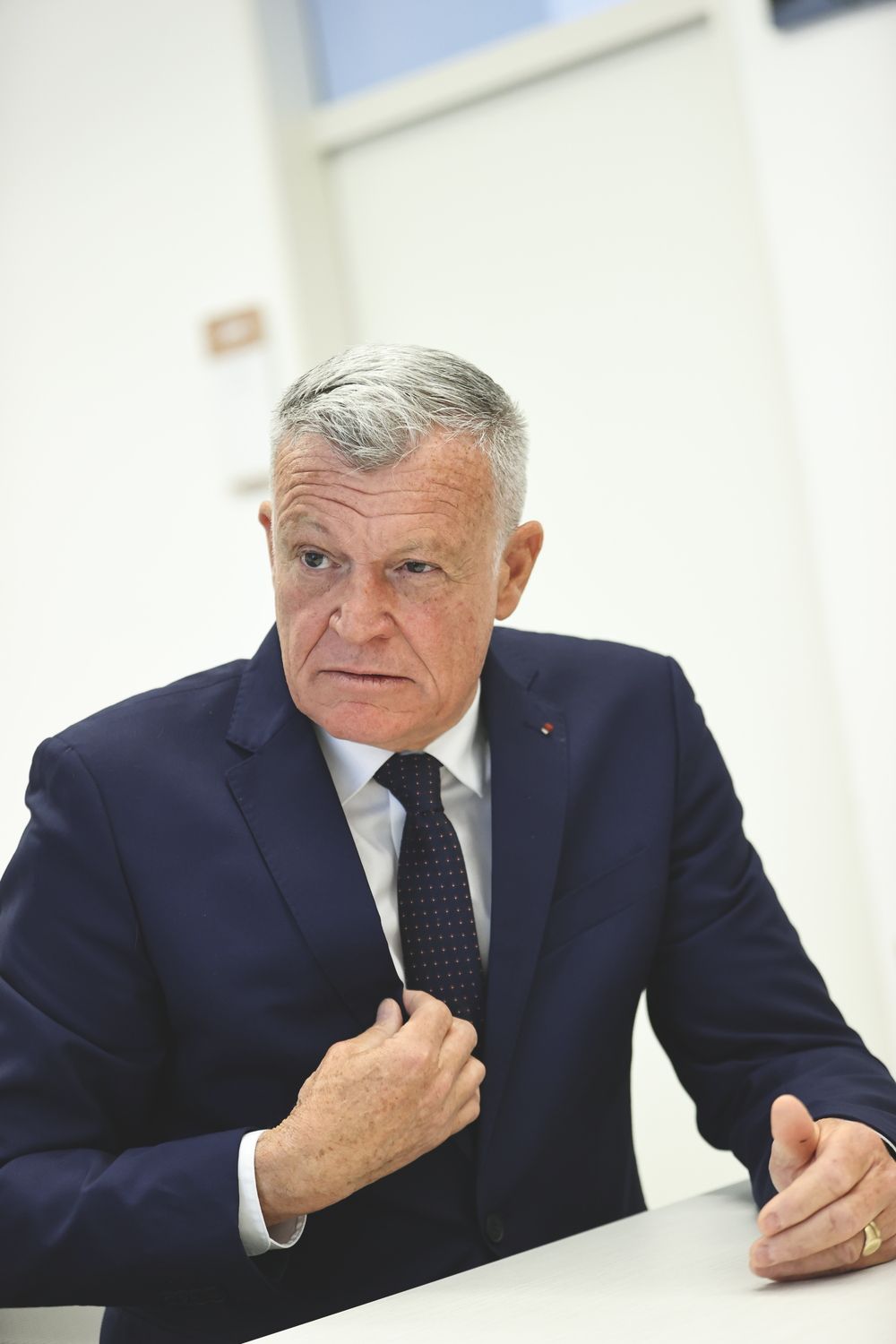
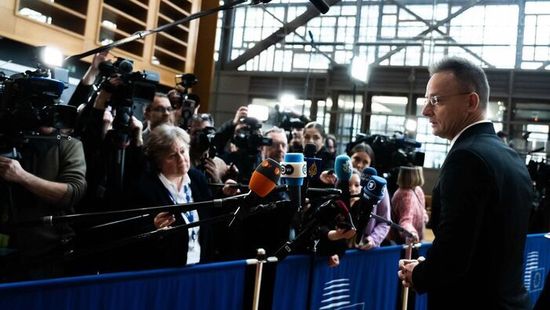
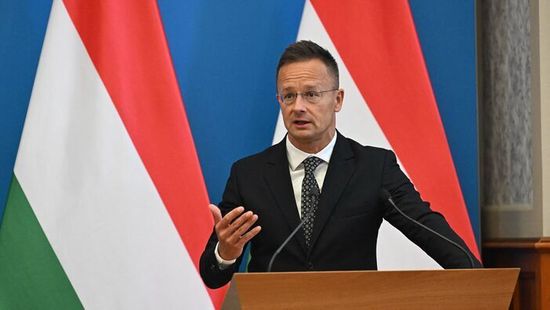
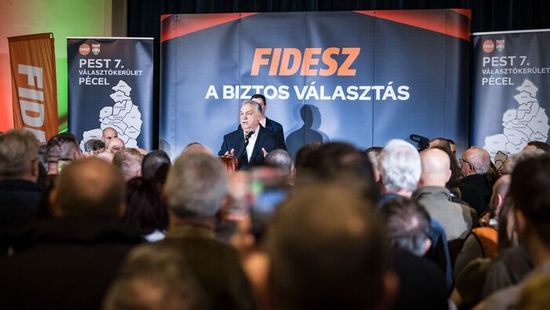
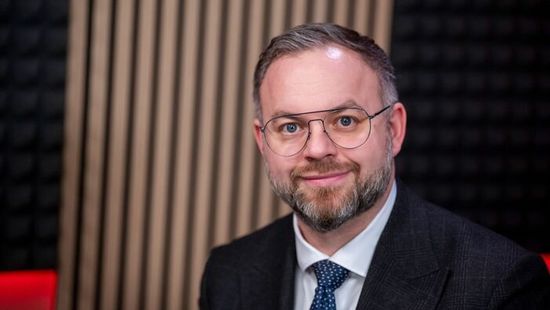

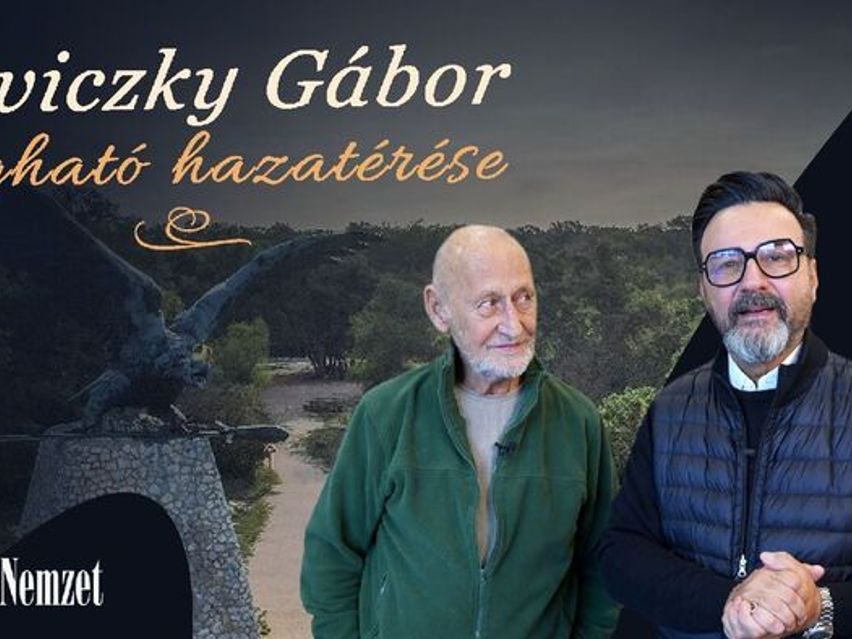

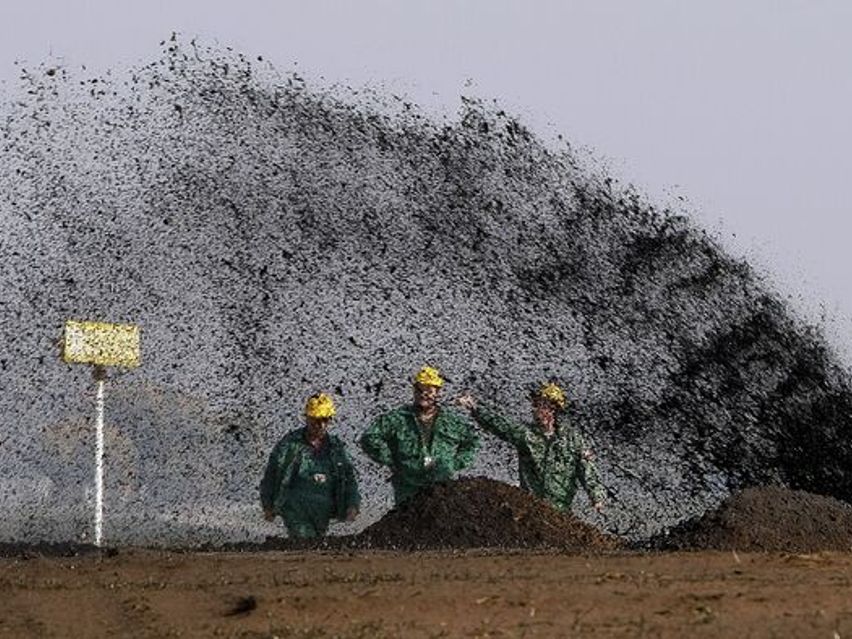
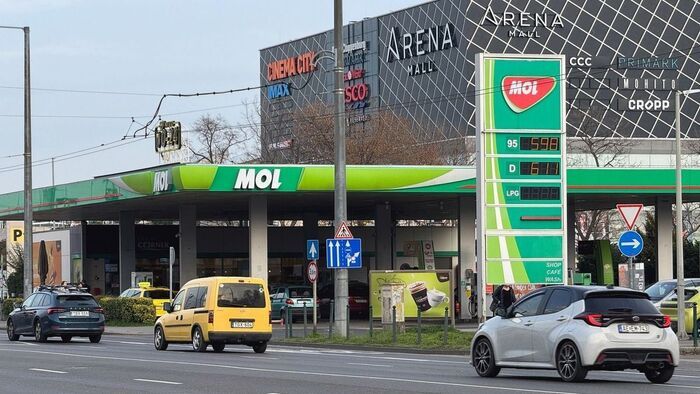

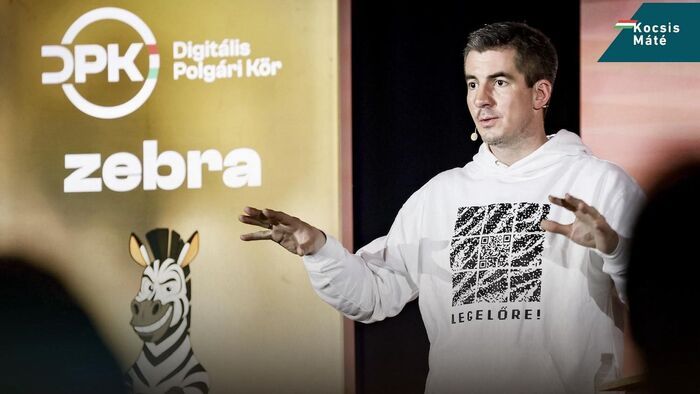
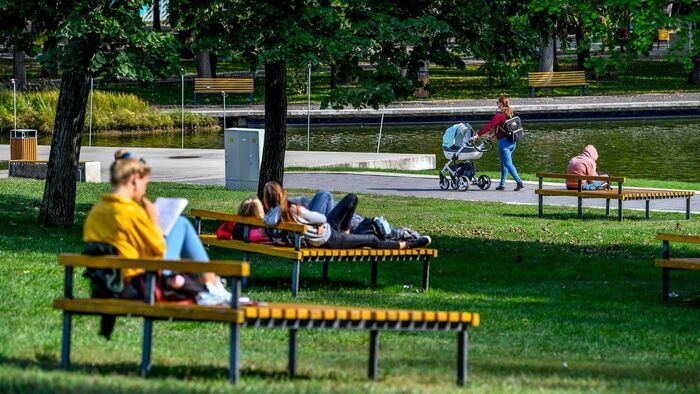
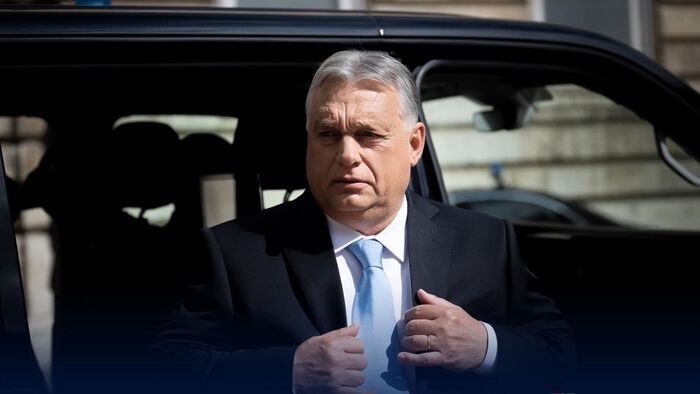
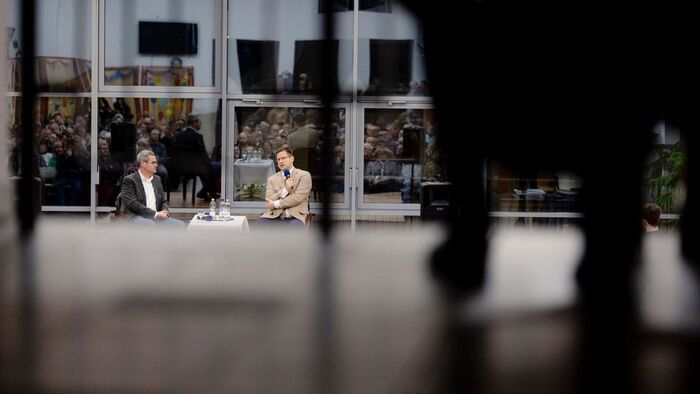
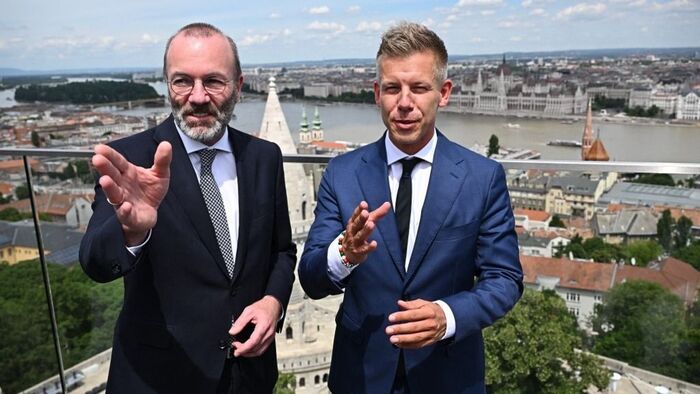
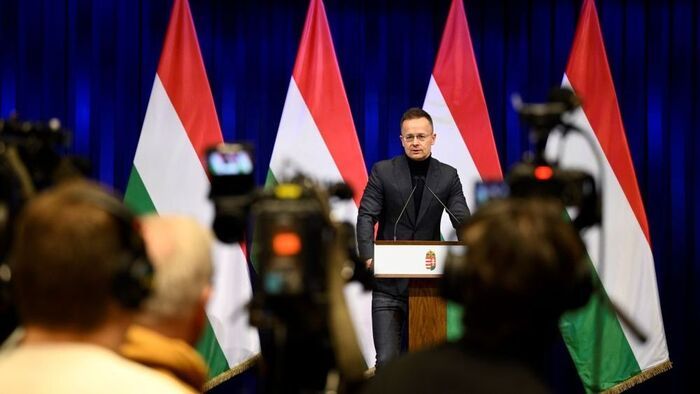


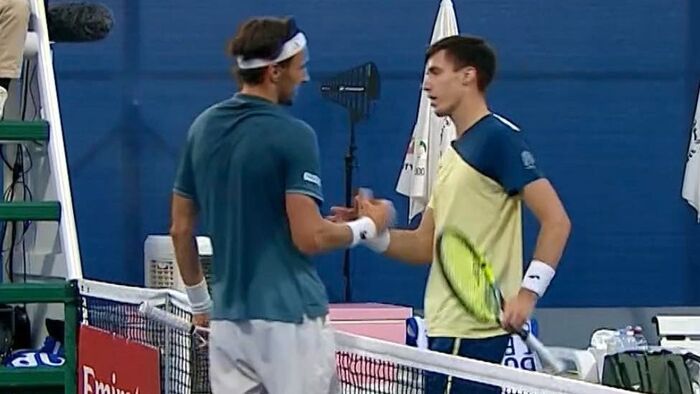
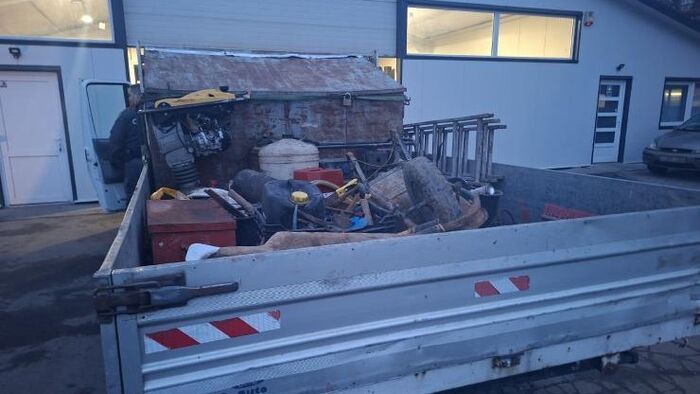
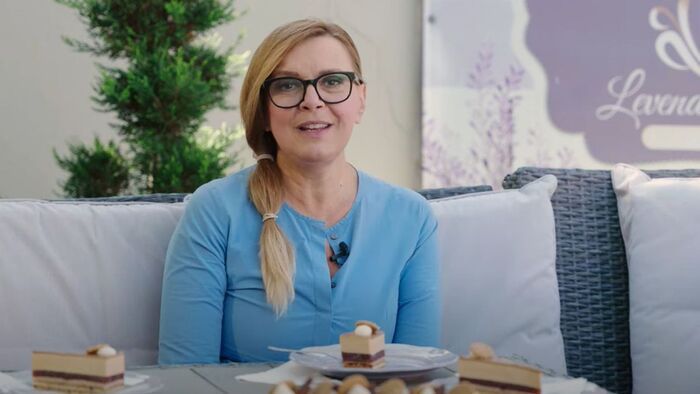

Szóljon hozzá!
Jelenleg csak a hozzászólások egy kis részét látja. Hozzászóláshoz és a további kommentek megtekintéséhez lépjen be, vagy regisztráljon!